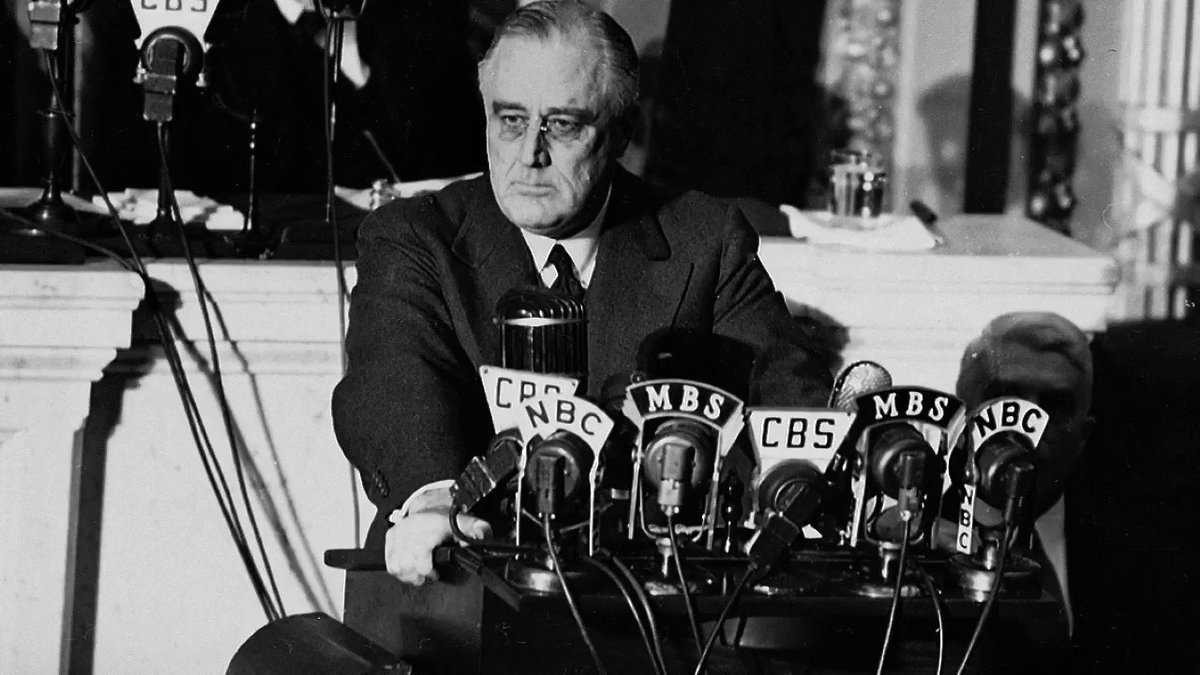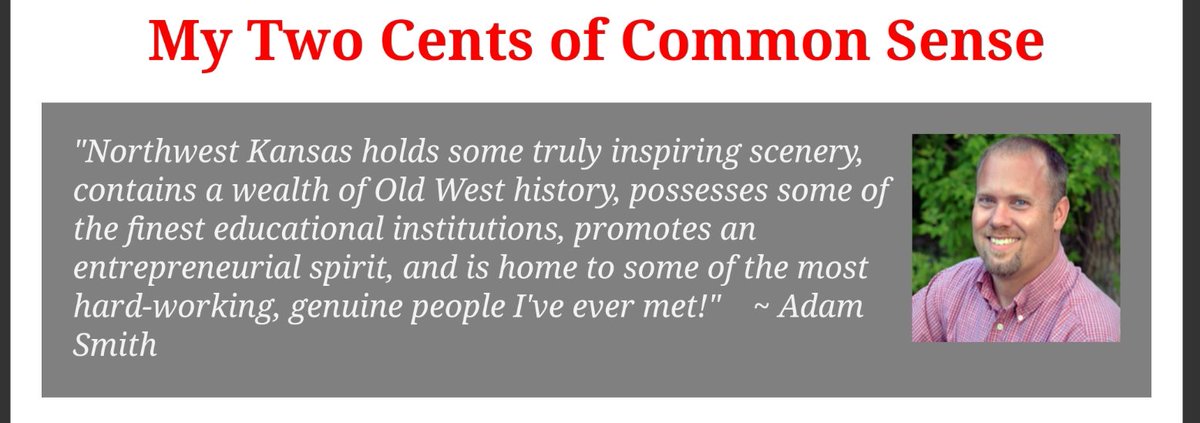This is almost entirely wrong.
(Thread.)
theatlantic.com/ideas/archive/…
* Progressive activists
* Traditional liberals
* Passive liberals
* Politically disengaged
* Moderates
* Traditional conservatives
* Devoted conservatives
moreincommon.com/hidden-tribes
The rest has a lot in common. They form an “exhausted majority.”
80% of Americans—four in five!—now believe that “political correctness is a problem in our country.”
But three quarters of them—only 4% less than whites and 5% less than the American average—still say that PC is a problem.
What does this tribe look like?
* Make up 8% of the population
* Are twice as likely as average Americans to make >$100k a year
* Are three times as likely to have a graduate degree
* Only 3% of them are black
* Except for devoted conservatives, this is least racially diverse group.
The poll didn’t define PC. But the in-depth interviews and focus groups done by @MiCGlobal give us some idea. Here’s a 40 year old Native-American man in OK describing his concerns:

But this is even more fundamental a misunderstanding of Americans' attitudes towads PC than that which is prevalent on the left.
Most Americans—and most people who dislike PC—abhor racial hatred; they just don’t think current PC practices are the right way to fight it.
(Oh, and they like PC.)
Over half of my followers thought that more than half of Americans like PC.
Only 6% got the right answer.
Over half thought that less than 25% of PoCs dislike it.
Only 3% got the right answer.
It matters because a publication whose editors think they represent the views of the majority when they actually speak to a small minority may eventually see its influence wane and its readership decline.
It matters because a political candidate who believes she is speaking for half of the population when she's actually voicing the opinions of one fifth is likely to lose the next election.
It matters because it’s difficult to win your fellow citizens over to your side—or remedy injustices that remain all too real—when you fundamentally misunderstand how your fellow citizens see the world.
theatlantic.com/ideas/archive/…
It’s one of the few things that’s made me feel optimistic over the past month, so it’s definitely worth your time.
hiddentribes.us
[The End.]










